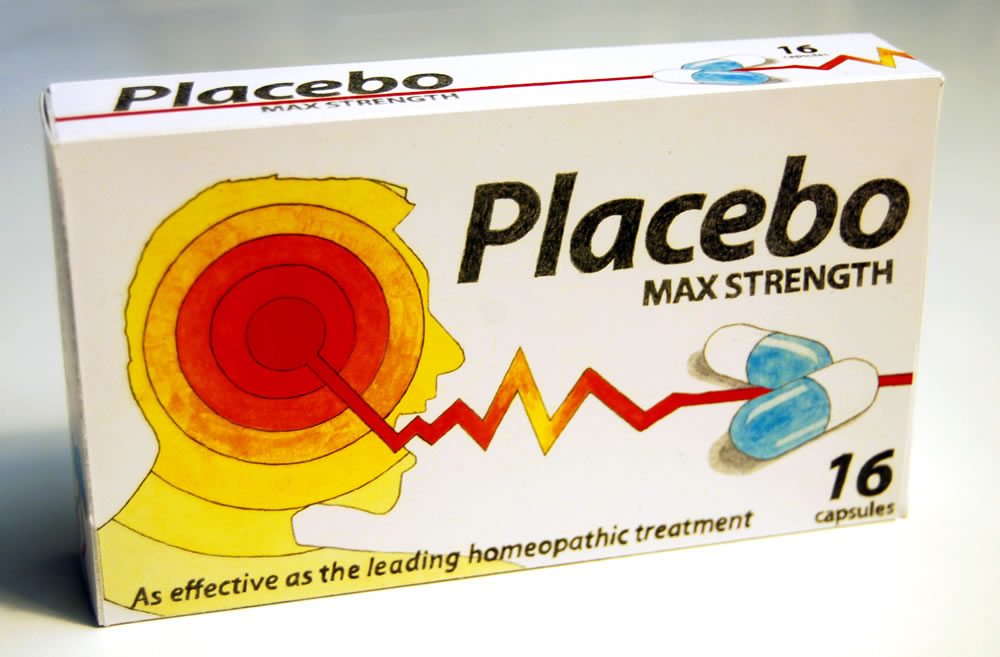Results for: non-specific effects

Should placebos be used in randomized controlled trials of surgical interventions?
Trials of new experimental drugs frequently compare them to placebo, particularly when there is a large subjective component to the disease being treated, such as pain. In contrast, placebo-controlled trials are rarely undertaken in surgery, mainly because it's been considered ethically dicey to do sham surgery on one group. Should this change? Should we be more open to doing randomized, placebo-controlled surgery...

Placebo, Are You There?
By Jean Brissonnet, translation by Harriet Hall Note: This was originally published as “Placebo, es-tu là?” in Science et pseudo-sciences 294, p. 38-48. January 2011. It came to my attention in the course of an e-mail correspondence with the editors of that magazine, where one of my own articles was published in French translation in January 2015. I thought this was the...
A Scientist in Wonderland
Edzard Ernst is one of those rare people who dare to question their own beliefs, look at the evidence without bias, and change their minds. He went from practicing alternative medicine to questioning it, to researching it, to becoming its most prolific critic. I have long admired his work, and I finally met him in person when we were invited to speak...

Acupuncture, Organic Food, and Other Questions
In this post I respond to some reader mail regarding several different issues - organic farming and pesticides, acupuncture, and herbal supplements. In each case I clarify my position and discuss the evidence base.
Tylenol May Not Be As Safe and Effective As We Thought
I’ve always thought of Tylenol (AKA acetaminophen in the US and paracetamol in the UK) as one of the safest drugs around, with essentially no side effects when used as directed. But it has been in the limelight lately. Several SBM articles have addressed it here, here, and here. We know there is a risk of liver damage and death with acetaminophen...
Treating Pain Psychologically
One of the goals of rigorous science is to disentangle various causes so we can establish exactly where the lines of cause and effect are. In medicine this allows us to then optimize the real causes (what aspect of treatments actually work) and eliminate anything unnecessary. Eliminating the unnecessary is more than just about efficiency – every intervention in medicine has a...
Cranial Manipulation and Tooth Fairy Science
Tooth Fairy Science is science that studies a phenomenon that doesn’t exist. You can do studies on the Tooth Fairy; for instance, comparing how much money she leaves to kids in different socioeconomic groups. You can do studies on the memory of homeopathic water. You can do studies on the therapeutic effects of smoothing out wrinkles in the imaginary human energy field...
Acupuncture
Overview Index of SBM Posts Outside Resources Key Research The ScienceBasedMedicine.org Reference Pages are reviews of topics relevant to science and medicine. Each consists of a concise overview of the topic from a scientific perspective, an index of the most relevant posts here on SBM, links to some external resources we recommend, and our summaries of the most interesting and important...
Dynamic Neural Retraining
Snake oil often resides on the apparent cutting edge of medical advance. This is a marketing strategy – exploiting the media hype that often precedes actual scientific advances (even ones that don’t eventually pan out). The slogan of this approach could be, “Turning tomorrow’s possible cures into today’s pseudoscientific snake oil.” The strategy works because, to the average person, the claims will...
Energy Medicine – Noise-Based Pseudoscience
So-called complementary and alternative medicine (CAM) is largely philosophy-based medicine rather than science based. There are a few core concepts that are endlessly recycled in various forms, but it is mythology and culture, not grounded in the rigorous methods of science that allow us to tell the difference between our satisfying fantasies and hard reality. Sometimes proponents of such philosophies try to...

